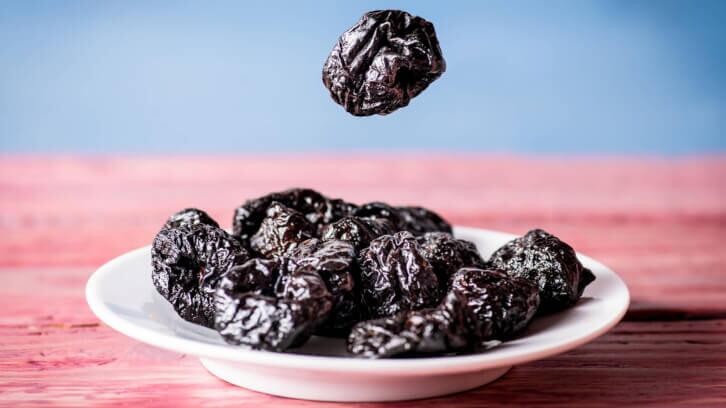Subsequent experiments in a mouse model of rheumatoid arthritis (RA) demonstrated that the bacterium attenuated joint inflammation by regulating butyrate and immune cells and re-establishing immune tolerance.
“This discovery provides a new clear target for probiotic immunotherapy of RA, potentially enhancing treatment effectiveness and improving patient prognosis,” wrote researchers from The Second Hospital of Shanxi Medical University and other institutions in China and the United States.
The gut-joint axis
The gut-joint axis is an emerging mechanism that scientists are studying in the context of diseases that affect the joints, such as RA, osteoarthritis and spondyloarthritis.
The gut microbiome plays a key role in regulating the immune system, and studies have linked dysbiosis to inflammation in the joints. However, “whether a functional gut-joint axis exists has yet to be established,” noted a 2025 paper published in Science.
Animal studies suggest that the development of RA is associated with gut inflammation, intestinal permeability and increased levels of zonulin, the protein that regulates tight junctions in the gut barrier. Dysbiosis and altered intestinal permeability may induce chronic activation of immune cells that recirculate to joints, leading to inflammation.
Therefore, manipulating the intestinal microbiome may provide an effective strategy to alleviate joint disorders and autoimmune diseases such as RA.
The researchers on the current study noted that microbes such as Clostridium butyricum and Bacteroides fragilis have previously been identified as being involved in RA and have been applied in clinical treatments. Still, there may be many other bacteria that could be beneficial.
E. rectale is a bacterium that produces the short-chain fatty acid butyrate, which is essential for preserving intestinal health. The bacterium has received attention due to its links with autoimmune diseases, including psoriasis, inflammatory bowel disease, multiple sclerosis and psoriatic arthritis.
Study details
The researchers used RNA sequencing to assess how intestinal flora from fecal samples differed between 38 participants newly diagnosed with RA recruited from Shanxi Medical University’s Second Hospital and 22 healthy controls (HC).
They found significant differences between the two groups. They identified Eubacterium rectale as a key bacterium exhibiting a protective effect on RA. Then, they used E. rectale to treat arthritis model mice and evaluated their joint inflammation and immune profile before and after the intervention using metabolomics to assess changes in serum and fecal metabolites.
The results showed improvements in joint inflammation, bone health and immune cells. The intervention reversed the changes in metabolites such as butyric acid that were seen with induced arthritis.
“When the number of E. rectale decreases, it leads to increase in proinflammatory cytokines (such as IL-6 and TNF-α),” the researchers wrote.
“In addition, the lack of butyrate weakens the intestinal barrier’s integrity, which may make it easy for the antigenic substances in the intestine to trigger systemic autoimmune reactions”, they added, recommending further studies to validate their findings.
Source: Frontier in Immunology. Volume 16 – 2025. doi: 10.3389/fimmu.2025.1607804. “ From gut to joint: the protective impact of Eubacterium rectale on rheumatoid arthritis”. Authors: X. Liu et al.




